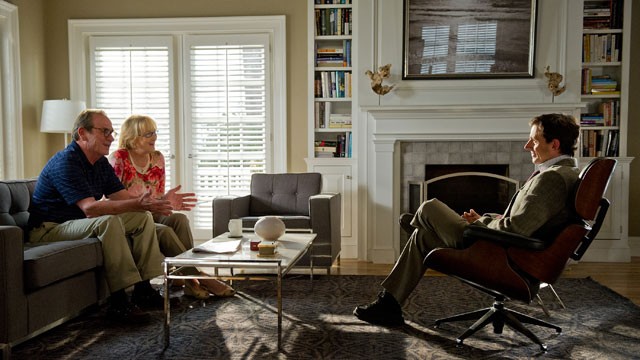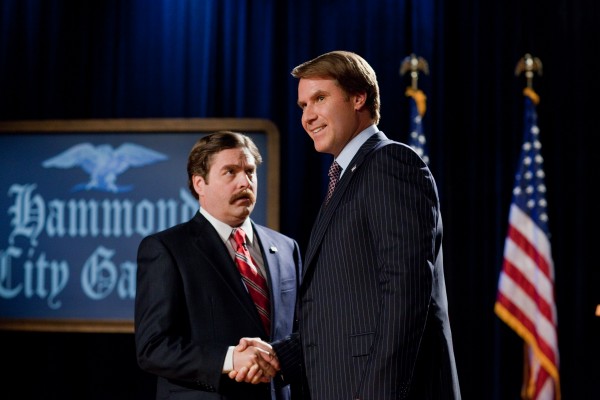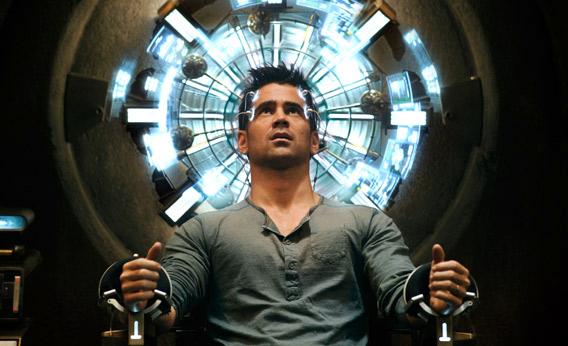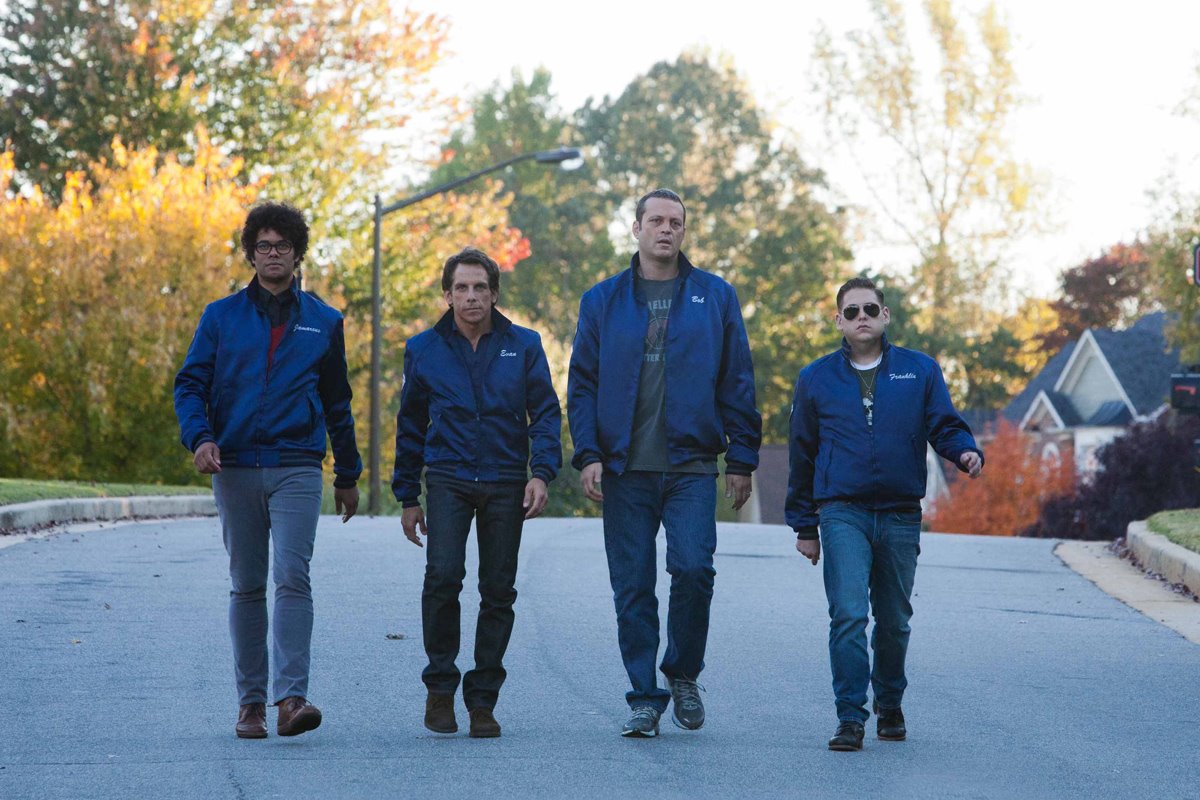Often, the best novels are about novels, the best poems about poems, and the best films about films. Well, “Ruby Sparks” is a film about novels, or rather, the creative act of writing. It’s about what it means to conceive a character and put them to paper, to bring them to life. Except in “Ruby Sparks,” a character actually comes out of the page and into the author’s kitchen.
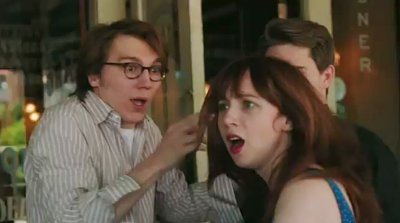
Let’s back up a minute. Calvin (Paul Dano) is a novelist with a debilitating case of social anxiety and an insurmountable case of writer’s block. After dropping out of high school ten years ago, Calvin published, what his mentor (Steve Coogan) calls “one of the great American novels.” Calvin’s a genius, everyone says. But he hates that term. He hates the pressure it gives him. He hates that it might be true. He hates that he might believe it.
In an exercise for his psychiatrist (a funny Elliot Gould), Calvin imagines a girl and writes about her. “Make it bad,” Dr. Rosenthal tells him. The exercise is meant to cure Calvin’s writer’s block and his loneliness. Instead, it creates Ruby Sparks.
Played by writer Zoe Kazan, Ruby begins as everything Calvin wanted. Calvin types it, Ruby does it. “For guys everywhere, please don’t let that go to waste,” his brother (Chris Messina) pleads. But when Ruby spreads her wings, so to speak, Calvin is faced with the question God must have wondered when he created humans: how do I make them love me without making them love me?
“Ruby Sparks” dabbles in some heavy stuff, and aside from its dark and draining emotional climax, handles all of the twists and turns with a light, jovial comic touch. Husband-wife directors Jonathan Dayton and Valerie Faris bring the same steady hand that made “Little Miss Sunshine” a success. The films are similar. Funny and light, but thoughtful and significant. And both shine with eclectic supporting casts. Annette Bening and Antonio Banderas play Calvin’s parents in what are essentially glorified cameos, but hilarious glorified cameos nonetheless.
“Ruby Sparks” is different from most comedies; stranger, that is. It’s fun and whimsical, but don’t expect an explanation for its fantastical elements. The film, like Calvin, insists that you merely accept that this did happen and don’t try to figure out how. Fine, but if this is a film about ontology – about what it would mean to live in a world in which a writer can manifest a woman from his mind – wouldn’t “Ruby Sparks” be so much more interesting if it were actually about Ruby Sparks? The film recalls “Stranger Than Fiction,” where Will Ferrell hears the voice of author Emma Thompson narrating his life. “Stranger” is a stronger film precisely because it’s about the character attempting to make sense of his life in the world. In “Sparks,” Calvin is just not interesting enough (especially played by the occasionally grating Dano) to distract the viewer from wondering about and wanting more of Ruby.
3.5/5





